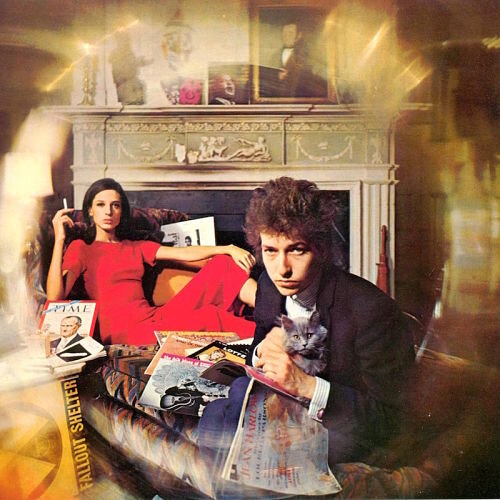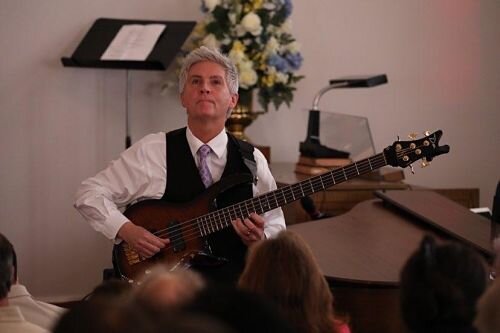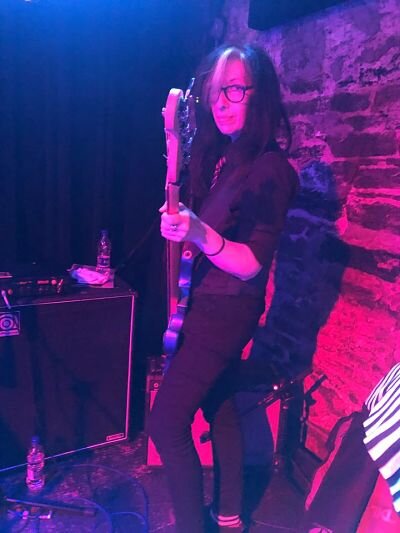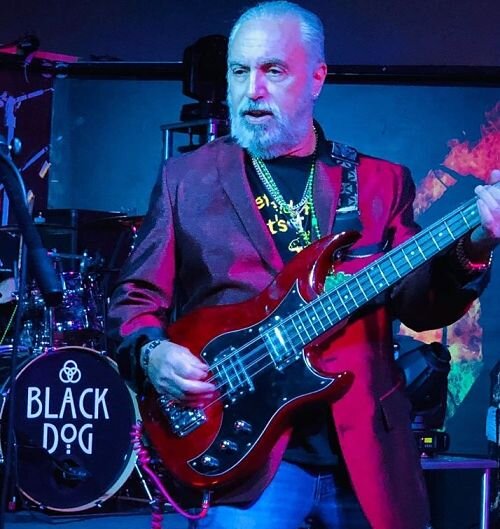Walter Becker (Steely Dan)


Courtesy Steely Dan Com
By Thomas Semioli
“When I met Chuck [Rainey] I felt there really was no need for me to be bringing my bass guitar to the studio anymore…” Walter Becker (Steely Dan Reelin’ In the Years by Brian Sweet)
Just three records into their incomparable career, Donald Fagan and Walter Becker opted for studio cats even though Becker, who was also a stellar guitarist, was an exemplary bass player!
A guitar student of Randy California, a master composer/lyricist, an accomplished producer (Rickie Lee Jones, Donald Fagan) among others, Becker deftly incorporated his deep knowledge (and passion) for rhythm and blues and jazz into his bass passages. A consummate song player, Becker’s pocket and rhythmic variations were subtle yet powerful. No filler, no wasted notes and his tone was a perfect meld of bottom and edge.
On the original Steely Dan vinyl slabs and the latter-day digital remasters, Becker (unfortunately) is down in the mix. Given Steely’s penchant to highlight the songs, biting libretto, and the soloists, that is somewhat understandable.
Chuck Rainey cut the most bass tracks from ’75 until Dan’s initial demise in 1980.
When Dan reconvened in the mid-90s, Tom Barney was their primary bassist in the studio, and held the anchored the ensemble on their extensive touring schedule which commences to this day after Walter’s passing in 2017.
Becker returned to the instrument on occasion for various Steely cuts and for his fine solo efforts 11 Tracks of Whack (1994) and Circus Money (2008). On their final effort Everything Must Go (2003) the bass chair came full circle as Walter rendered all the tracks on his Sadowsky. On that particular platter, Becker can be heard front and center.
Any major dude will tell you that Walter was a top shelf player – I highly advise readers to don the headphones for those early Steely sides and dig Becker’s bass artistry.
Dig Walter’s double stops on “King of the World” https://youtu.be/Us0EsdiLBJY
Dig Walter’s grace notes and fills on “Your Gold Teeth” https://youtu.be/qxk-yVT6pfE
Dig Walter’s upright phrasing on “Razor Boy” https://youtu.be/Y3Krg8Nc69Y
Dig Walter working his soul chops on:
“My Old School” https://youtu.be/rFnwczuvb74
“Changing of the Guard” https://youtu.be/roLIYw8Ov_I
“Pearl of the Quarter” https://youtu.be/roLIYw8Ov_I
What about a kiss for your … “Cousin Dupree” https://youtu.be/80b4Y_d8W8o
“Things I Miss The Most” https://youtu.be/80b4Y_d8W8o


Courtesy Steely Dan Com





































